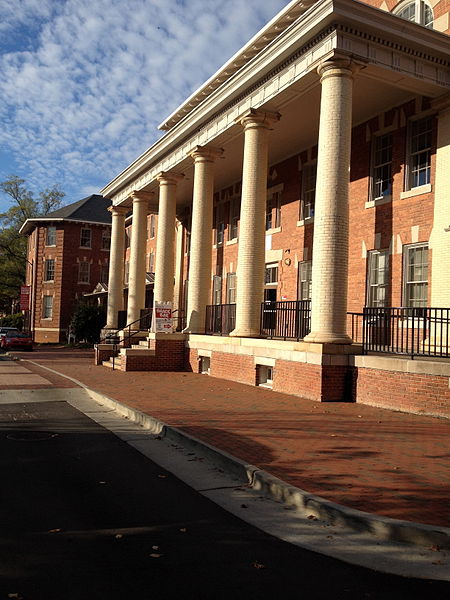NC Christian students says university violates First Amendment rights by requiring permits to talk to students
A United States district judge questioned North Carolina State University on their policy that requires student groups to first get a permit before being allowed to distribute fliers and engage other students in conversations on campus.

"These are adults, adults on a campus, a state-run campus, and before they can talk with anyone or solicit them in some way like, 'Come join our club,' they have to get a permit?" asked U.S. District Judge James Dever during a hearing on Thursday, as quoted by WRAL.
Grace Christian Life, a Christian student organization, is asking the court to order a preliminary or permanent injunction on NCSU's Speech Permit Policy, which they said is a violation of their First Amendment rights. Moreover, the group deems that they have been singled out by the university because non-religious student organizations have not been pushed to get permits in the same way.
"The University's Solicitation Policy (the 'Speech Permit Policy'), which regulates expressive activity on campus, requires students to obtain the prior permission of the University before they engage in any expressive activity anywhere on campus, including distribution of any written material or even oral communication to other students," the complaint filed by non-profit organization Alliance Defending Freedom on behalf of Grace Christian Life says. "The Policy also grants University officials unbridled discretion to restrict the content and viewpoint of student speech if it is not 'consistent with the University's mission and purpose of the location.'"
According to the report, the attorneys for the state told the judge that the permit is like a restaurant reservation since hundreds of student groups are trying to get space, and it also helps the university to pinpoint safety issues. However, they reportedly could not identify an example of a safety issue when asked.
"You have a policy that tries to regulate one-on-one conversations," the student group's legal counsel Edmund LaCour argued. "It's clear you can't have the 'non-permitted-speech police' everywhere on campus, and so, when you have something like that, it will be applied in a discriminatory manner."
In a statement in April, Chancellor Randy Woodson denied any implication that the policy discriminates against an organization because of its religious nature. The "lawsuit is without merit," he said.
The judge said that he would decide this weekend if the university can continue requiring student organizations to obtain permits while the lawsuit is still pending.





